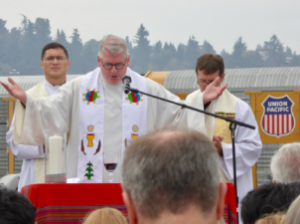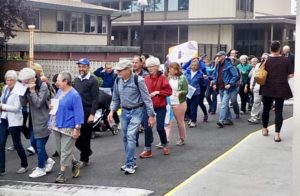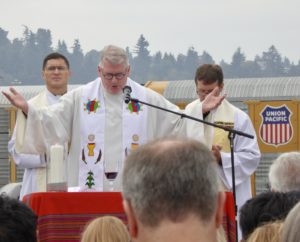
Thousands of Medicaid Recipients in Arkansas Lose Access to Care
Siena Ruggeri
October 2, 2018
In September 2018, the state of Arkansas revoked coverage for more than 4,300 Medicaid users. The state recently implemented a stringent work requirement on Medicaid recipients under the Arkansas Works program, stipulating that they must perform 80 hours of work, service, job training, or education a month. The state unceremoniously dropped recipients who did not properly log their hours into an online portal for three months. These dropped Medicaid users have no possibility of reapplying for the entirety of 2018.
This news came as a shock to the many low-income Arkansans who previously qualified for Medicaid. Due to the low profile implementation of the program, many were not aware of the new requirements. Some will not even realize they have lost their healthcare coverage until they go to the doctor or try to fill a prescription.
This is not an isolated phenomenon. Across the country, the Trump administration and its allies are encouraging burdensome work requirements for programs like Medicaid and SNAP (the Supplemental Nutritional Assistance Program). Indiana, New Hampshire, and Kentucky already received federal approval to implement their own Medicaid work requirements, while at least nine other states are considering them.
Even if Medicaid recipients in Arkansas are aware of the recent changes, they might not be able to access the Arkansas Works website to log their hours. According to the Federal Elections Commission, about a fourth of Arkansas’s population lives in areas without Internet service. The online portal has also been fraught with problems, preventing many from logging their work hours. Curiously, the website is down for 10 hours every night for maintenance, leaving it out of commission for 70 hours a week. These barriers make compliance difficult for a population already stretched thin.
It’s not as if Medicaid recipients aren’t working. At best, only 15% of enrollees not exempt from existing work requirements are not employed (Urban Institute); the vast majority are already working. The reason they are utilizing Medicaid is not due a lack of work—it is due to the deep poverty they are experiencing. Recipients do not have access to quality jobs that pay a living wage and provide health benefits.
Let’s not be mistaken—programs like Medicaid already have strict work requirements. These additional work requirements are an attempt to burden vulnerable populations with administrative barriers to affordable, quality healthcare. By dropping more than four thousand people from Medicaid coverage, the state of Arkansas stands to save 30 million a year. States like Arkansas that choose to implement these cumbersome some work requirements are choosing savings over care for their people.
Burdensome work requirements don’t address the realities of the low-income populations Medicaid serves. Work requirements don’t create stable jobs that pay a living wage, nor do they do anything to alleviate the racial income gap. Black Arkansans are twice as likely to live below poverty level than their white counterparts. These work requirements are complex in nature—they are designed to quietly dismantle social safety nets while stigmatizing low-income people as the problem. If Arkansas is serious about getting its residents off Medicaid, it needs to address economic inequality and reinvest in the working class.
The data from Arkansas gives us a look at the true human cost of burdensome work requirements. As other states roll out similar programs, thousands of people will unknowingly lose their coverage. There is no human benefit to burdensome work requirements. They only serve to harm people who utilize programs like Medicaid and SNAP to survive. NETWORK opposes implementing work requirements on our most effective human needs programs, and urges lawmakers to craft these programs to uphold human dignity, not diminish it.














